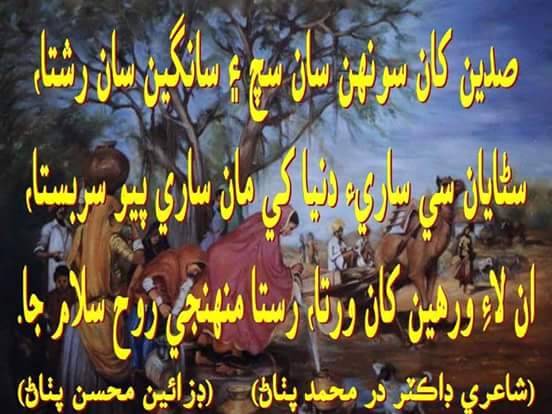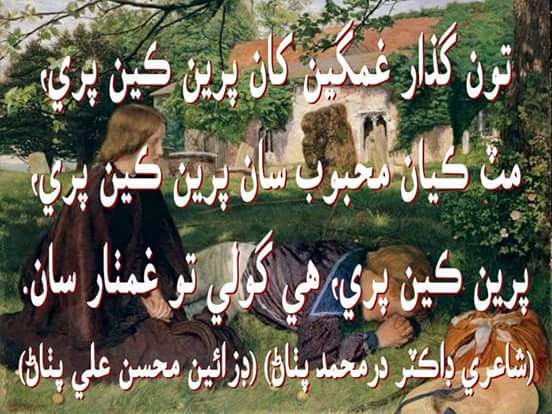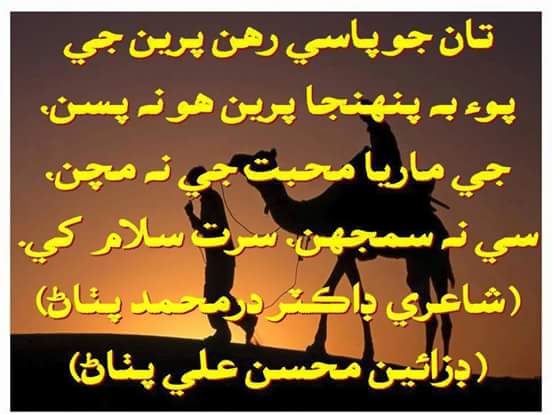Jamiat-e-Ulema-e-Islam
The Jamiat Ulema-e-Islam (Assembly of Islamic Clergy, or JUI) is a political party in Pakistan. It is part of the Muttahida Majlis-e-Amal, an alliance of religious parties that won 11.3% of the popular vote and 53 out of 272 elected members in the 20 October 2002 legislative elections.
JUI is a Deobandi organisation, and the part of Deobandi Muslim movement. The group broke off from the Jamiat Ulema-e-Hind in 1945 over that organization's support of the Indian National Congress and refusal to support the Muslim League and its goal of a separate Pakistan. The JUI remained a religious organization and had limited political significance until it was revived by Maulana Mufti Mahmud, who opposed President Ayub Khan's modernizing policies. Following the collapse of the Khan regime in the late 1960s, the JUI participated in Pakistans general elections.
Ideologically, JUI is regarded as uncompromisingly rigid and insisting on the strict enforcement of traditional Islamic law. JUI helped establish thousands of madrasahs in Pakistan, more than any other religious movement and also helped create the Taliban movement in Afghanistan, and provide soldiers it for another Deobandi-oriented political movement.
Currently in Pakistan, it has two wings: that of Maulana Sami-ul Haq and that of Maulana Fazl ur-Rahman. Both are members of the national assembly and part of the Muttahida Majlis-e-Amal coalition.
The material/data/information can be provided on request.



